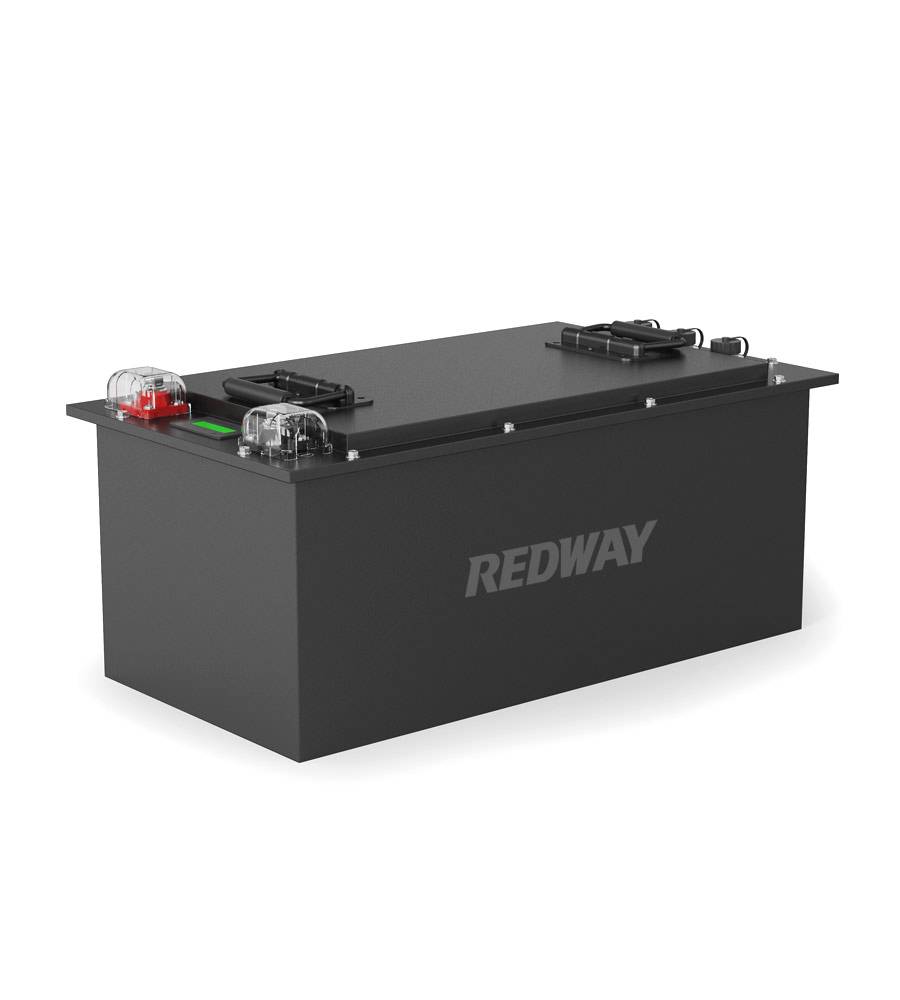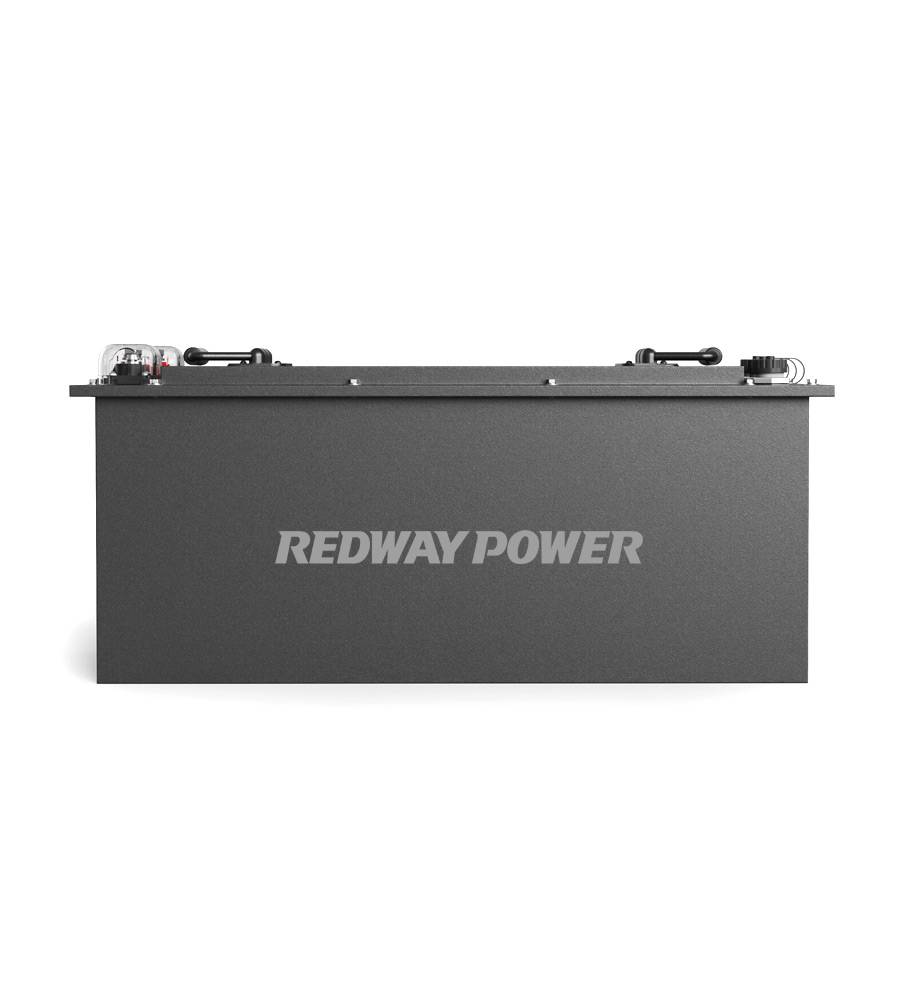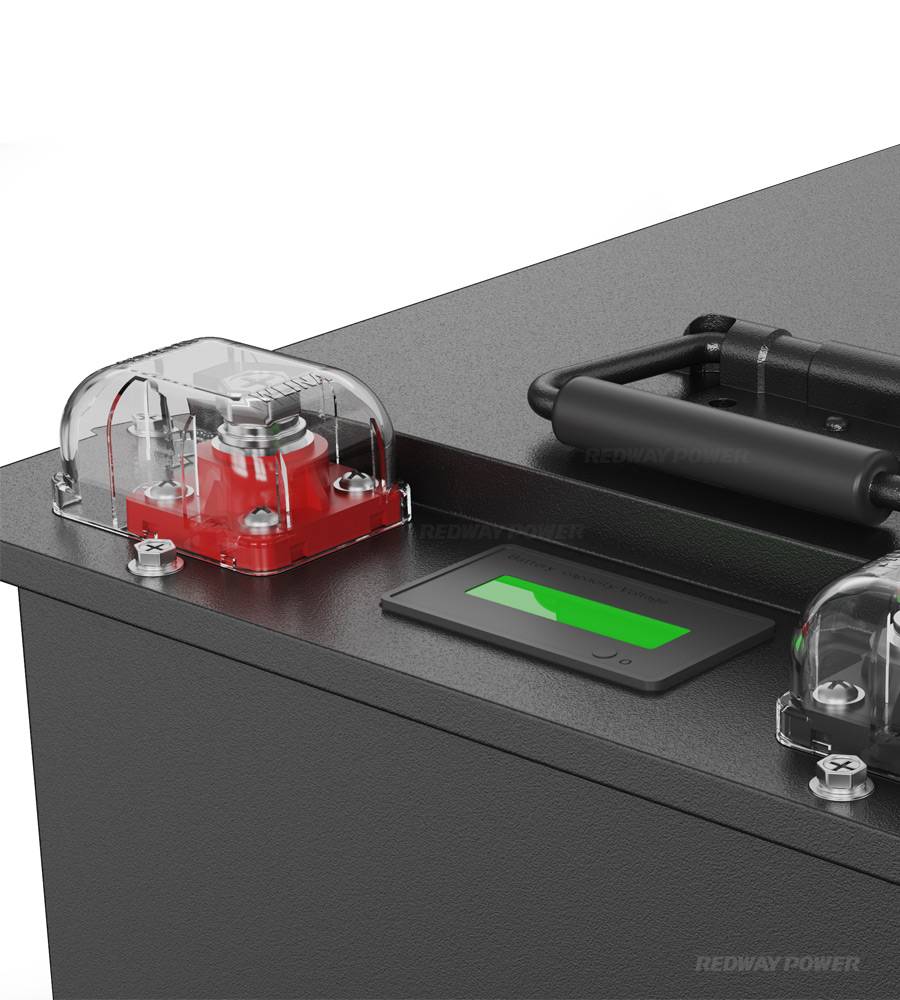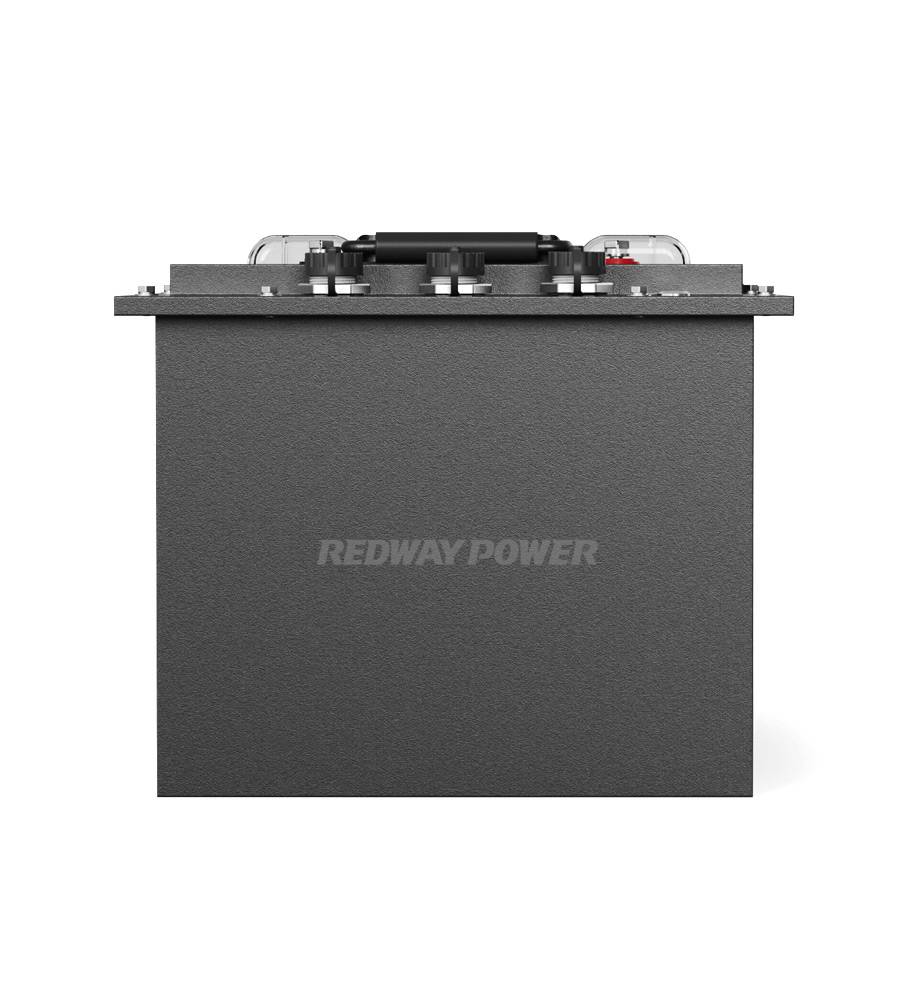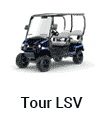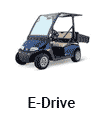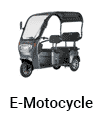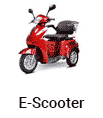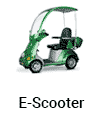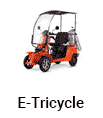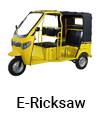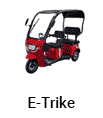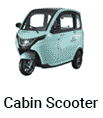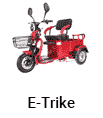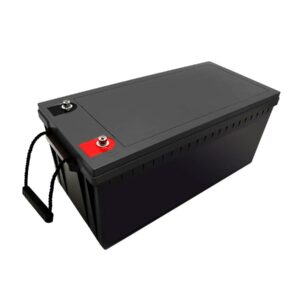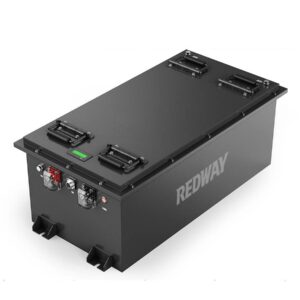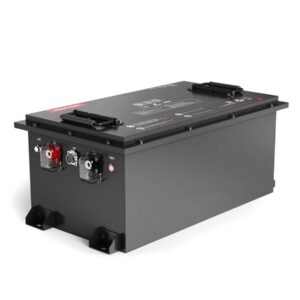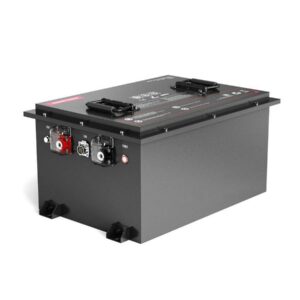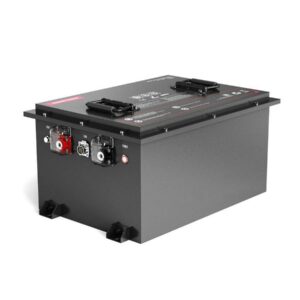Description
Introducing the 48V 120Ah LiFePO4 Golf Cart Battery, a high-performance energy solution expertly crafted by a leading OEM manufacturer in China. This advanced lithium iron phosphate (LiFePO4) battery is specifically designed for electric vehicles, including golf carts, scooters, and other recreational vehicles. With exceptional energy efficiency, long cycle life, and robust safety features, this battery is perfect for B2B wholesale buyers seeking reliable power solutions.
Key Features:
- High Energy Capacity: This battery delivers a nominal energy output of 15.36 kWh with a capacity of 120Ah, ensuring extended runtime for electric vehicles and enhancing user experience.
- Long Cycle Life: Engineered to last over 4000 cycles at 80% Depth of Discharge (DOD), it significantly reduces long-term replacement costs compared to traditional lead-acid batteries, making it a smart investment for OEM and ODM projects.
- Robust Safety Features: Equipped with a smart Battery Management System (BMS), this battery protects against overcharging, overheating, and other potential hazards, ensuring enhanced safety for users.
- Versatile Applications: Suitable for a wide range of electric vehicles including golf carts, electric trikes, and more, this battery provides flexibility in usage across different platforms.
- Customizable Options: Available for OEM/ODM projects, it can be tailored with features like Bluetooth connectivity, self-heating capabilities, and various color finishes to meet specific operational needs.
Product Description:
The 48V 120Ah LiFePO4 Golf Cart Battery is meticulously engineered to meet the power demands of today’s electric vehicles. Operating at a nominal voltage of 51.2V, this lithium iron phosphate battery ensures exceptional energy density and efficiency. With an impressive energy output of approximately 6144Wh, your vehicle can cover longer distances without frequent recharges.
A 48V 120Ah LiFePO4 golf cart battery delivers long-lasting power through advanced lithium iron phosphate chemistry, offering over 4000 cycles at 80% depth of discharge. Its compact design, integrated smart Battery Management System (BMS), and high energy density ensure reliable, safe, and efficient performance for golf carts and similar electric vehicles.
What are the key features of a 48V 120Ah LiFePO4 golf cart battery?
The 48V 120Ah LiFePO4 battery provides a nominal voltage of 51.2V and energy capacity of approximately 6.14 kWh. It supports continuous discharge currents up to 240A and peak currents of 400A for short bursts. The battery is housed in a durable, IP67-rated metal casing, making it dustproof and waterproof. It includes a built-in BMS that protects against overcharge, over-discharge, short circuits, and temperature extremes, ensuring safety and longevity.
How does the Battery Management System (BMS) optimize safety and battery life?
The BMS continuously monitors cell voltages, current, temperature, and state of charge to prevent unsafe conditions such as overcharging, deep discharge, overheating, and short circuits. It balances cell voltages to maximize usable capacity and extends battery lifespan. Advanced BMS units provide communication interfaces like CAN bus and Bluetooth for real-time monitoring and diagnostics.
Why is LiFePO4 chemistry preferred for golf cart batteries?
LiFePO4 chemistry offers superior thermal stability, high energy density, and an extended cycle life exceeding 4000 cycles at 80% depth of discharge. It maintains stable voltage output, resists thermal runaway, and is safer than traditional lead-acid batteries. Its lightweight design improves golf cart efficiency and reduces maintenance costs.
What are the typical applications for a 48V 120Ah LiFePO4 battery?
This battery is ideal for golf carts, utility vehicles, low-speed vehicles (LSVs), electric scooters, and other light electric vehicles requiring reliable, long-lasting power. Its wide operating temperature range (-20°C to 65°C) makes it suitable for diverse environments.
How does the battery’s design contribute to durability and compactness?
The battery’s metal enclosure with IP67 rating protects against dust and water ingress, ensuring durability in harsh conditions. Its compact GC2 form factor allows easy installation in most golf carts, providing high capacity without occupying excessive space.
What are the charging and discharging specifications of this battery?
The battery supports continuous discharge currents of up to 240A and peak discharge currents of 400A for 10 seconds. It uses a CC/CV charging profile with a maximum charge voltage of 57.6V. The battery features a fast charging capability, reaching full charge in approximately 5 to 8 hours with a 15A charger, and has a low self-discharge rate.
Charging and Discharging Specifications
| Specification | Value |
|---|---|
| Nominal Voltage | 51.2V |
| Nominal Capacity | 120Ah |
| Nominal Energy | 6.14 kWh |
| Max Continuous Discharge | 240A |
| Peak Discharge Current | 400A (10 seconds) |
| Max Charge Voltage | 57.6V |
| Cycle Life | >4000 cycles @ 80% DoD |
| Operating Temperature | -20°C to 65°C |
| Protection Rating | IP67 |
How do temperature and environmental factors affect battery performance?
The battery operates efficiently within a temperature range of -20°C to 65°C. Extreme cold can reduce charging efficiency, while high temperatures may shorten battery life if sustained. Its IP67 rating ensures protection against dust and water ingress, making it suitable for outdoor and rugged environments.
How can multiple 48V 120Ah batteries be connected for larger systems?
Multiple batteries can be connected in series to increase voltage or in parallel to increase capacity. Proper BMS coordination and system design ensure balanced charging and discharging, preventing premature battery degradation and optimizing performance.
What maintenance practices ensure long battery life?
Maintenance is minimal, including periodic terminal cleaning, ensuring proper charging protocols, avoiding deep discharges, and storing batteries in controlled environments. OEM-Lithium-Batteries recommends using BMS data for early fault detection and scheduling preventive maintenance.
How does OEM-Lithium-Batteries support customers with their golf cart battery solutions?
OEM-Lithium-Batteries offers customized, high-quality 48V 120Ah LiFePO4 batteries with advanced BMS, rugged design, and smart connectivity options like Bluetooth and CAN bus. Their expert support ensures tailored solutions for golf carts and electric vehicles, delivering safety, reliability, and enhanced performance.

